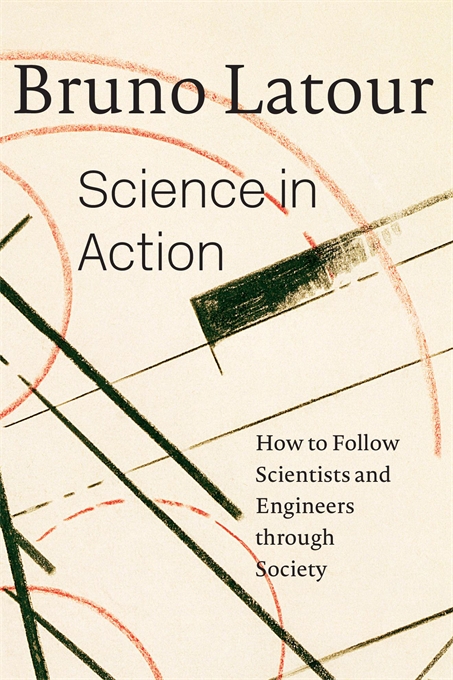What do you think?
Rate this book


288 pages, Paperback
First published January 1, 1987
A comprehensive analysis of science and technology as they are practiced and a guide for further research. Latour's thesis, well-defended, is that science consists of evolving networks of marshalled resources including not only publications and laboratory research, but also whole societies, cultures, and bureaucracies.